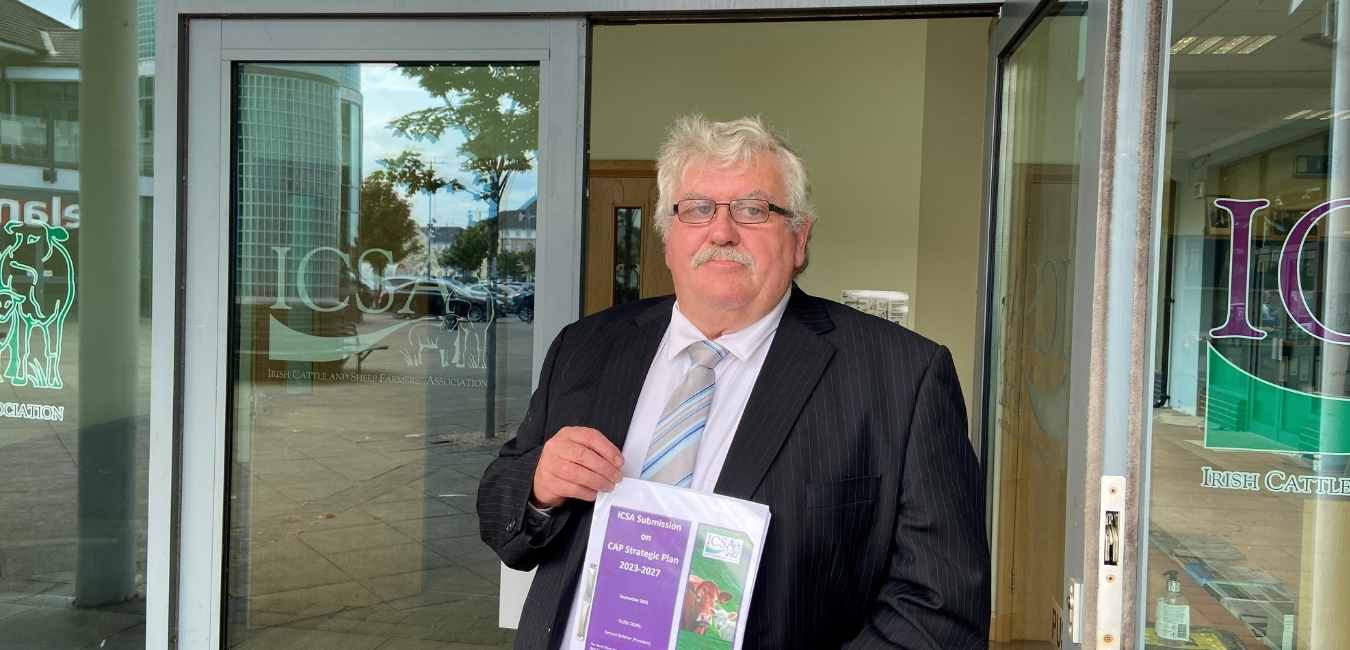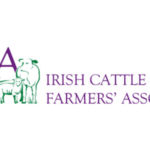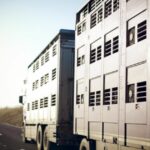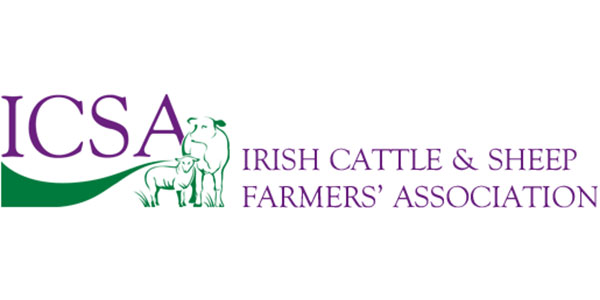8 SEPTEMBER 2021
ICSA president Dermot Kelleher has urged Minister McConalogue to do more for low-income cattle, sheep, and tillage farmers as the next CAP is designed. “ICSA today presented the Minister with a comprehensive and fully costed plan that would ensure CAP payments are directed to those farmers that need them most, and which also crucially meets all the EU Green Deal objectives.”
Speaking following this afternoon’s (in person) meeting with Minister McConalogue and Ministers of State Pippa Hackett and Martin Heydon Mr Kelleher said, “The priority for Minister McConalogue must be to bring CAP payments back home to the active but low-income farmers in the beef, suckler, sheep and tillage sectors – which is where direct payments were originally concentrated. This is achievable through maximising the use of every possible avenue within the CAP framework.”
“ICSA pressed the Minister to avail of the full 13% coupled payment option to deliver variable, coupled premiums, that would deliver an extra payment on suckler cows and ewes. On current cow numbers it would add €120/cow for the first 40 cows, and we believe that the BDGP and BEEP payment value can also be increased to deliver an overall total of €300 on the first 40 cows, and €180 thereafter. This eliminates the need for quotas or capping of the suckler herd.”
“Similarly, the coupled option could also deliver €16/ewe on the first 250 ewes, and we are seeking a total payment of €35/ewe on the first 250 ewes (adding in the Sheep Welfare Scheme) and €19/ewe thereafter, again with no quotas or capping.”
These variable coupled payments – front-loaded on the first 40 cows and the first 250 ewes – eliminates the need for the CRISS component to be applied when it comes to Ireland. “CRISS is a very inefficient way of targeting supports to those in the lower income sectors that need them most. We believe that ICSA’s proposed targeted variable coupled payments offer a far more precise option to meet the EU’s redistribution requirement.”
“For beef finishers ICSA is seeking a beef carbon efficiency payment worth up to €100/head for feeding animals between 12-24 months, up to 150 head. This scheme would be aimed at farmers who undertake a programme designed to deliver more efficient, earlier slaughter of steers, heifers, and bulls, and will involve weighing, dung samples and a target to finish cattle at under 28 months for steers, under 26 months for heifers and under 22 months for young bulls, with higher payments the younger they are finished.”
Other key components of ICSA’s CAP plan are two schemes that would work in tandem – one that gives young farmers a top-up to expand their enterprises, and one which allows older suckler farmers to move away from breeding but not from farming altogether. “Supporting young farmers and facilitating intergenerational transfer must go hand in hand.”
To this end ICSA has proposed a 25% young farmer top-up for suckler cows to a maximum 40 cows (about €30 + €120), for up to five years under the variable suckler cow payment; a 25% top-up for ewes to a maximum 250 ewes (about €4 + €16 for up to five years); a 25% top-up per hectare for up to five years and access to TAMS grants at a rate of 60%. In tandem with this must be an early retirement scheme for suckler farmers aged 55 and over amounting to €100/cow for 5 years to facilitate those young farmers who wish to expand their suckler herds.
“ICSA has also made it very clear to the Minister and his officials that membership of a Bord Bia Quality Assurance Scheme must not be linked to CAP payments. We are also clear that payments under Pillar 1 should be capped at €66,000, with no loopholes for employed staff.”
Mr Kelleher acknowledged that while the Minister has a complex task in dealing with all the relevant stakeholders, he is optimistic that the ICSA view will be taken on board. “ICSA’s CAP proposals provide the best framework upon which to build the next CAP for Irish farming families, and we are encouraged that these proposals have been well received by the Minister and his senior Department officials.”
Caption:
(Pictured L-R) Minister of State Pippa Hackett, ICSA rural development chair Tim Farrell, Minister for Agriculture, Food and the Marine Charlie McConalogue, ICSA president Dermot Kelleher, Minister of State Martin Heydon and ICSA general secretary Eddie Punch.
ENDS





